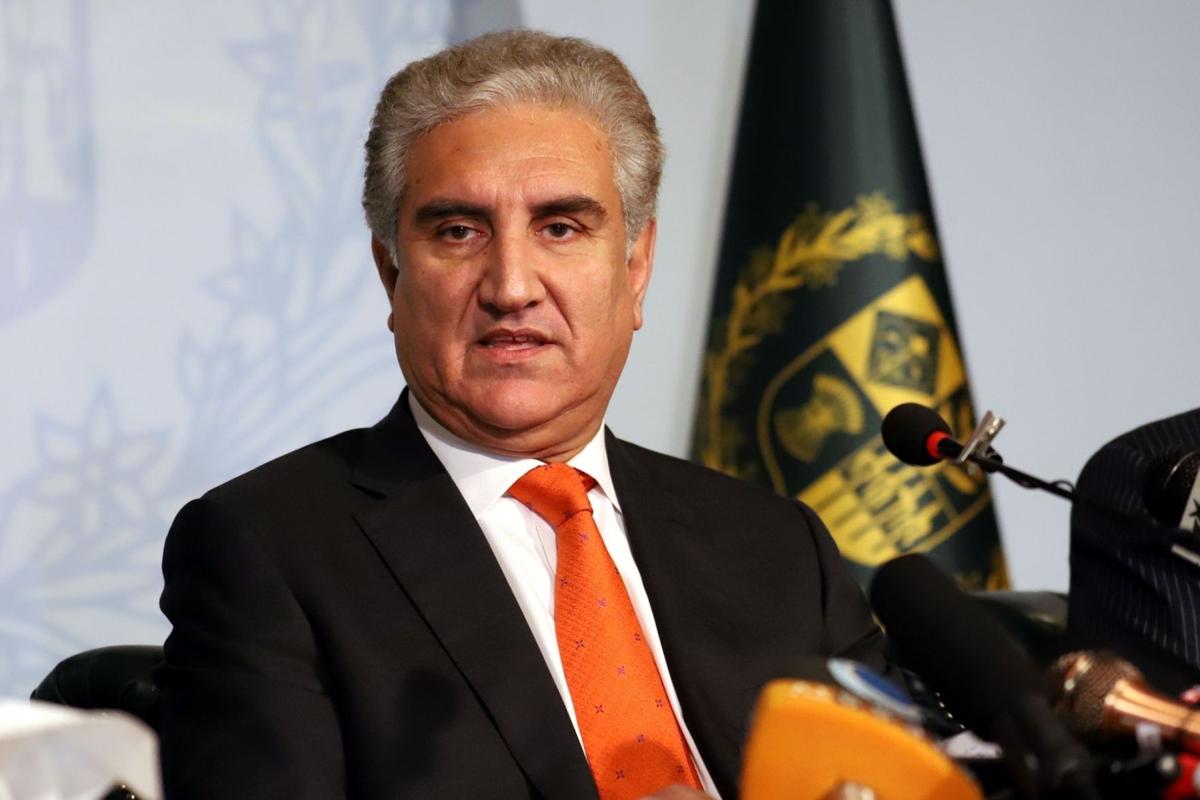ISLAMABAD/CHAKWAL: Around 16 million hectares of land, which amounts to 20 percent of the total area of Pakistan, is affected directly or indirectly by soil erosion.
Out of the total eroded area, 11.2 million hectares are affected by water only. A huge amount of rainwater is lost annually due to run-off in the Potohar region. This occurs due to various reasons, including high intensity and short spell of rainfalls and lack of awareness among professionals and farmers about watershed management and rainwater harvesting techniques. This loss of water also leads to loss of fertile soil, which increases flood severity in lowland areas and results in silting in dams, rivers and ponds, thereby decreasing their storage capacity.
To prevent the aforementioned problems, the United Nations Educational, Scientific and Cultural Organisation (UNESCO) Islamabad is carrying out a ‘Community Based Training Programme on Watershed Management for Flood and Drought Control’. This programme has been launched under phase two of ‘Strategic Strengthening of Flood Warning and Management Capacity of Pakistan’ and intends to impart techniques related to agriculture extension, soil conservation and water management to farmers and relevant government and semi-government professionals, NGOs and academia in Chakwal. The programme also aims at developing flood forecasting and early warning systems for effective coordination and management during floods.
On the first day of the training session, experts gave a brief history of floods in Pakistan. They also discussed the eco-hydrology approach for addressing floods and droughts and rainwater harvesting techniques and drip irrigation system. The training session also included a field visit to Barani Agricultural Research Institute (BARI) and the Soil and Water Conservation Research Institute (SAWCRI) for the participants to learn water saving techniques.













